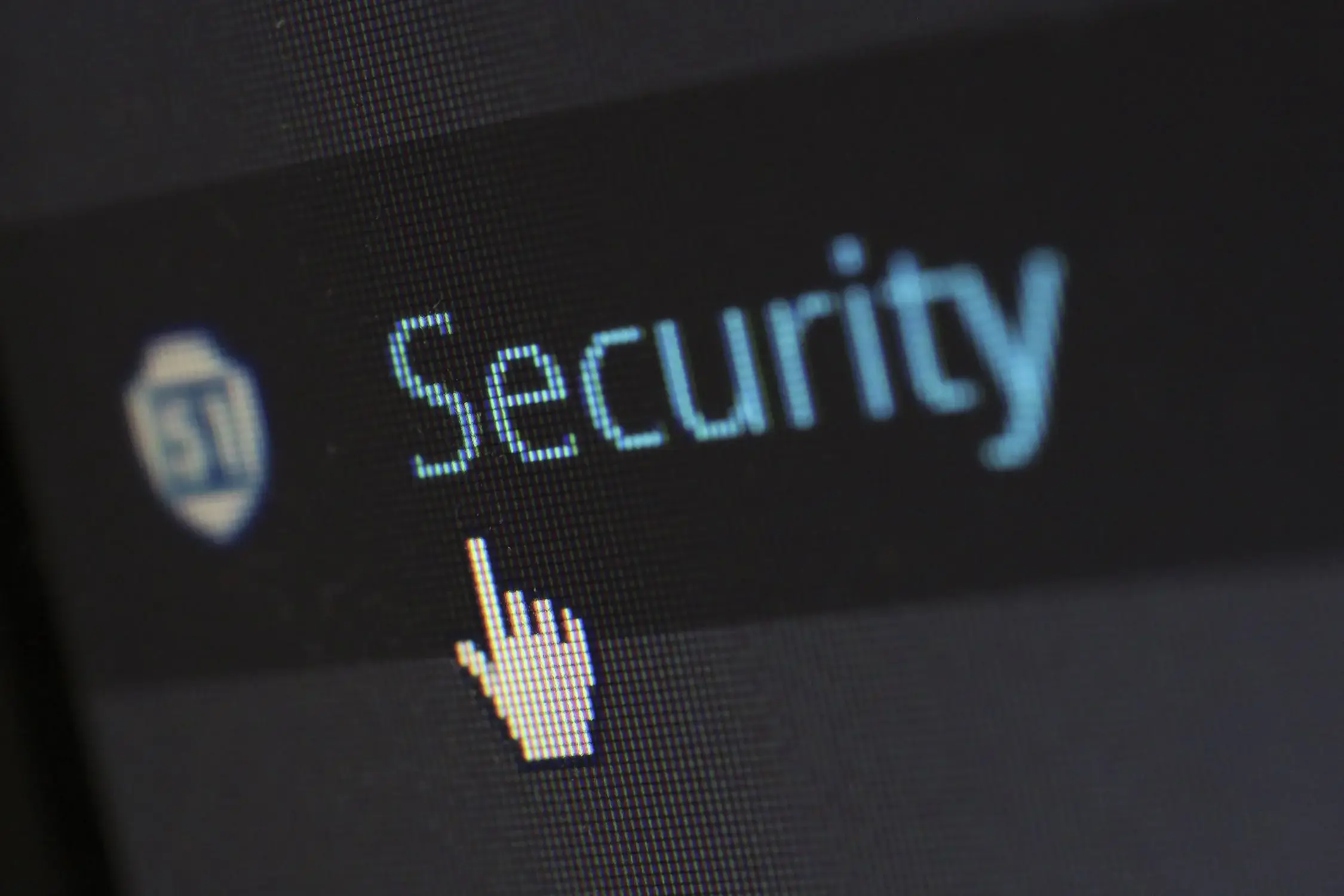In today’s digital age, businesses rely heavily on the internet to carry out their operations. However, with increased internet usage, there is an increased risk of cyber attacks. The importance of having a strong internet security system cannot be overstated. In this article, we will discuss some of the ways businesses can improve their internet security.
Use a Firewall
A firewall is a network security system that monitors and controls incoming and outgoing network traffic based on predetermined security rules. It acts as a barrier between a trusted, secure internal network and the internet. It can be hardware, software, or both, and is an effective way to prevent unauthorised access to a network. A firewall can help protect your business from various types of cyber attacks, including malware, phishing, and hacking.
Use Strong Passwords
Using strong passwords is one of the easiest and most effective ways to improve your internet security. A strong password should be at least 12 characters long and should include a combination of upper and lower case letters, numbers, and symbols. Avoid using common words or easily guessable information, such as your date of birth or the name of your pet. It’s also a good idea to use different passwords for different accounts.
Keep Your Software Up-to-Date
Outdated software can have security vulnerabilities that hackers can exploit. It’s important to keep all your software, including your operating system, antivirus software, and web browser, up-to-date with the latest security patches and updates. This will help ensure that your systems are protected against the latest threats.
More from Business
- How To Start A Business In Andorra
- Top Industries for Investment in Colombia
- How To Start A Business In Slovenia
- Angel Investors Vs. Venture Capitalists: What’s the Difference?
- How To Launch A Startup In Stockholm
- Crypto Clash: Bitget Vs. Bybit
- 6 VoIP Features That Improve Customer Service
- Top Industries for Investment In Egypt
Educate Your Employees
Your employees can be your first line of defence against cyber attacks. It’s important to educate them about the risks of cyber attacks and the importance of good internet security practices. This can include training on how to identify phishing emails, how to use strong passwords, and how to avoid clicking on suspicious links. Regular training sessions can help keep your employees informed about the latest threats and best practices. Also consider implementing XDR.
Use Two-Factor Authentication
Two-factor authentication adds an extra layer of security to your online accounts. It requires users to provide two forms of authentication to access an account, typically a password and a code that is sent to a mobile device. This makes it much harder for hackers to gain access to your accounts, even if they have obtained your password.
Backup Your Data
Backing up your data is an essential part of internet security. It can help protect your business from data loss in the event of a cyber attack, hardware failure, or natural disaster. It’s a good idea to back up your data regularly, preferably to an offsite location or cloud storage. This will help ensure that you can recover your data if something goes wrong.
Monitor Your Network
Monitoring your network can help you detect and respond to cyber attacks quickly. This can include monitoring your system logs, network traffic, and user activity. By monitoring your network, you can detect unusual activity, such as multiple failed login attempts or an increase in network traffic, which could be a sign of a cyber-attack or negative SEO campaign. This will top such issues and prevent it impacting your site, security or search rankings.
Use Encryption
Encryption is the process of converting data into a code to prevent unauthorised access. It’s an effective way to protect sensitive data, such as financial information, customer data, and intellectual property. Encryption can be used to protect data at rest, such as on a hard drive, and data in transit, such as emails or file transfers.
Use Antivirus Software
Antivirus software is designed to detect and remove malware from your computer. It’s an essential part of internet security, as malware can be used to steal sensitive data, such as passwords, credit card information, and other personal information. It’s important to use a reputable antivirus software and keep it up-to-date with the latest virus definitions.



